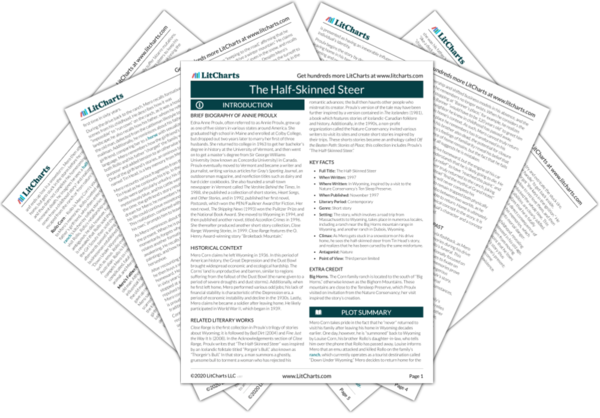Mero describes the girlfriend’s story of Tin Head
a story whose moral lessons are mirrored in his own life
and remembers the initial realizations behind his need for escape. Mero’s vivid recall of the past allows him to pinpoint multiple reasons for his departure. Moreover, his memory also introduces the Tin Head’s story, which foreshadows the danger Mero is in. Mero’s memories allow him to simplify his past, but they also contain hints about the peril of the present.
